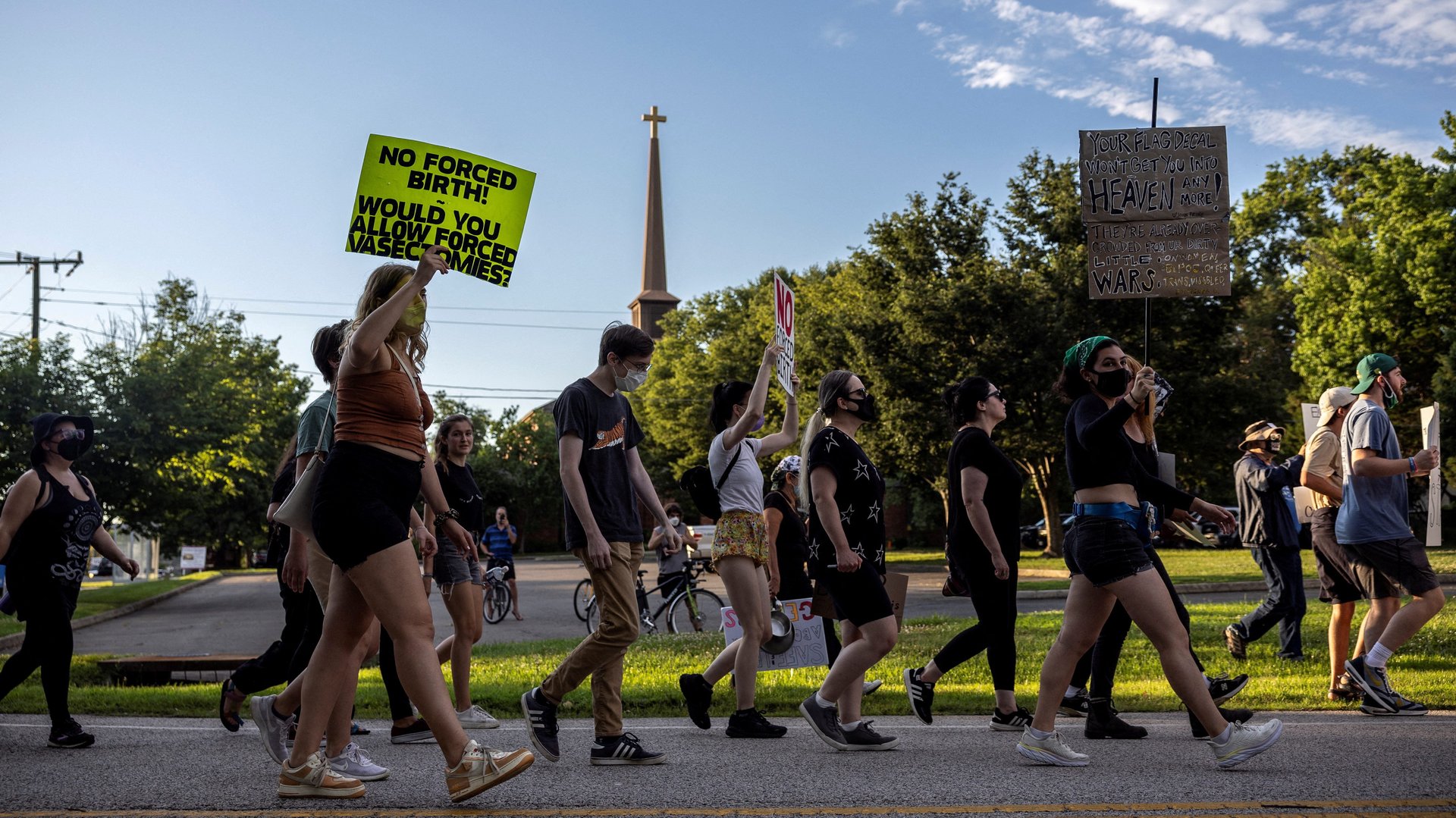US abortion laws revive a strong argument for cash
Now that the US Supreme Court has overturned Roe v. Wade, Americans are raising concerns about what data police and prosecutors could access to incriminate people who seek abortions, which has happened before. If law-enforcement officials can’t access medical documents, they could turn to financial services companies for data on payment transactions.


Now that the US Supreme Court has overturned Roe v. Wade, Americans are raising concerns about what data police and prosecutors could access to incriminate people who seek abortions, which has happened before. If law-enforcement officials can’t access medical documents, they could turn to financial services companies for data on payment transactions.
With abortion now illegal in several US states, paying for abortion services with cash could be one way to avoid detection, posing a challenge to the idea that cash is on its way out.
Privacy remains a big challenge with digital payments
Overall, fewer Americans are using cash, as credit card companies have made inroads in the cashless concept. Since 2019, financial services companies like JPMorgan and Visa have rolled out contactless technology, helping to boost card transactions—as well as making it all the easier and more convenient for the government to access people’s data.
But one of the biggest challenges of digital payments is privacy. Privacy laws weaken when individuals voluntarily share information with a third party, allowing law enforcement officials to ask financial institutions for customer data with a subpoena, reports the New York Times.
Financial services companies know a lot about their customers. When you pay for most goods and services, a middleman is often used, allowing access to your name, email, postal address, phone number, and more. The financial services company can then tap into the databases of a giant data broker and learn anything from employment to homeownership status. Cash is not entirely foolproof, as stores can track those who use cash from loyalty programs, for instance, but it’s still far safer in regards to privacy than using a card.
Digital payments have become more convenient, but people will turn to physical money when they don’t want the government to pry into their personal lives. For instance, during protests in Hong Kong in 2019, people started using cash again to pay for their subway tickets, as they were afraid the police could use the card data to track who went to the protest and press charges. Cash is also turned to during times of natural disasters, showing how cash cannot be completely replaced.